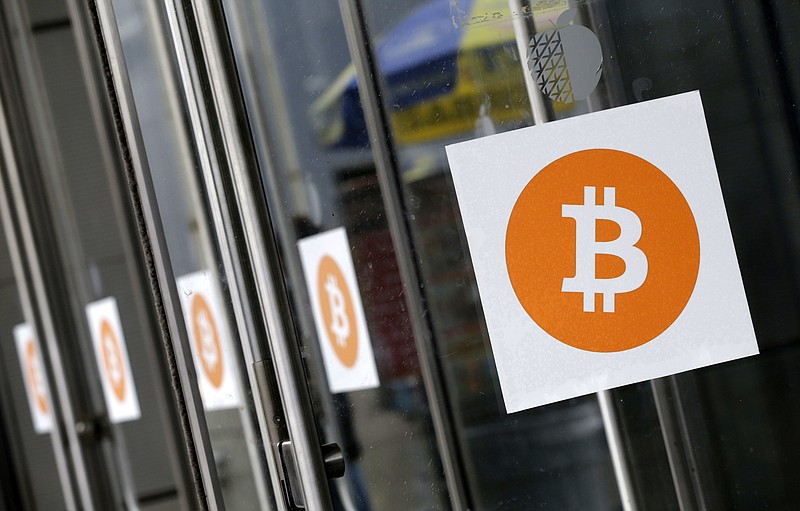A federal regulator gave the go ahead on Friday to the CME Group to start trading Bitcoin futures later this month, the first time the digital currency will be traded on a Wall Street exchange and subject to federal oversight.
The CME Group, which owns the Chicago Mercantile Exchange, will start trading Bitcoin futures Dec. 18, the company said. The Commodities Futures Trading Commission, the primary regulator for exchanges like the CME, gave approval for the exchange to create Bitcoin futures after six weeks of discussions.
The CME Group is using a process known as "self-certification," which is when an exchange pledges that the new instruments will not break any federal securities laws.
The price of Bitcoin futures will be based on the price the digital currency is going for on four major Bitcoin exchanges - Bitstamp, GDAX, itBit and Kraken. Due to its volatility, bitcoin futures will be subject to higher margin levels and intraday price limits, the CME said.
The move will subject some of the bitcoin market to federal regulation for the first time. It will also open up Bitcoin trading to a larger group of investors and traders, who have been reluctant to purchase the virtual currency on the private exchanges.
Bitcoin is a digital cryptocurrency that changes hands over the internet. The concept of Bitcoin was born in a detailed white paper published in late 2008 by a pseudonymous "Satoshi Nakamoto." By 2013, one Bitcoin was worth $12. On Friday, it was trading above $10,000.
Bitcoin has gained more mainstream attention lately as its price has soared on the private exchanges.
"Crytocurrency (like Bitcoin) is the natural evolution of the concept of money," Dr. Richard Brooks, a professor of electrical and computer engineering at Clemson University who has studied Bitcoin and other online currencies, told a gathering at the University of Tennessee at Chattanooga on Friday.
While Brooks said blockchain and mining distributed models used by Bitcoin help protect the currency against hacks and distortions, he acknowledged that the secret and anonymous nature of the monetary exchanges do create social and law enforcement challenges. Bitcoin is used on the so-called dark web as a means of currency without identifiable buyers or sellers for many drugs and some illegal material or transactions.
